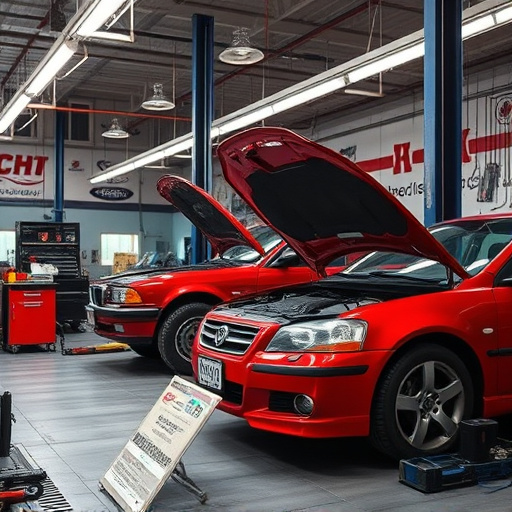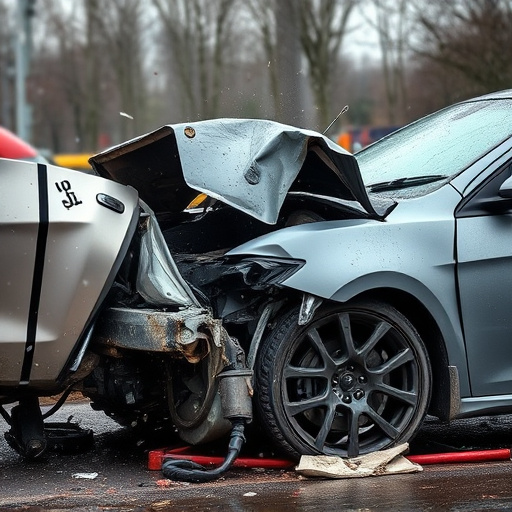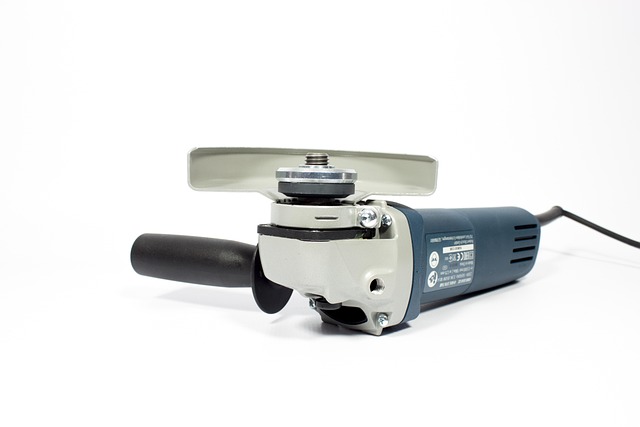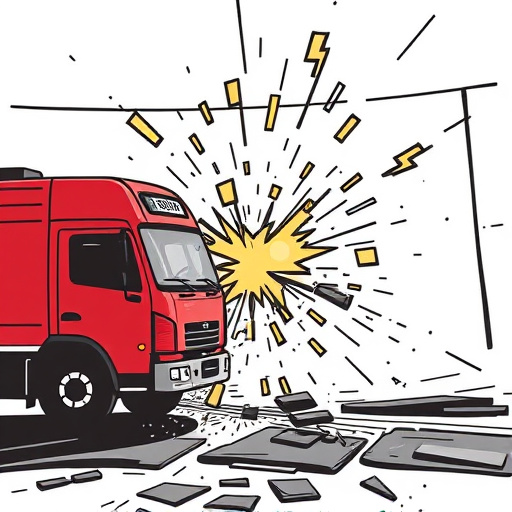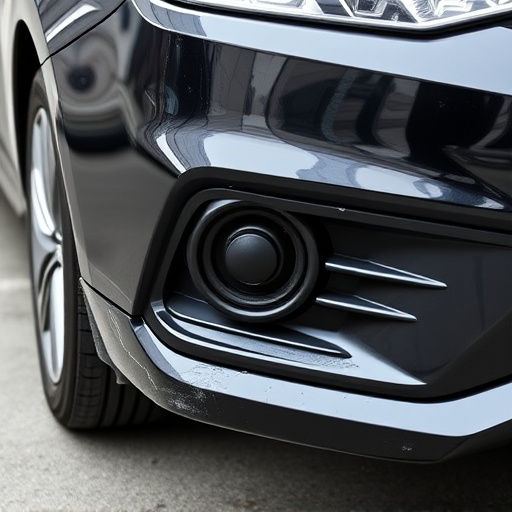The roof panel replacement process involves meticulous inspection, removal of old panels, installation of new ones matching specifications, and final safety checks. Evaluating insurance coverage is crucial to understand deductibles, limits, and exclusions for bodywork repairs. Replacement due to wear can reduce insurance premiums, while severe damage might initially increase rates but proper record-keeping can mitigate this over time.
Roof panel replacement is a common home repair, often driven by damage from storms or aging. Understanding the process and its financial implications is crucial for homeowners. This article guides you through the roof panel replacement process, helps you evaluate insurance coverage for such repairs, and delves into how replaced panels can impact future insurance premiums. By the end, you’ll be equipped to make informed decisions regarding your roof’s health and financial well-being.
- Understanding Roof Panel Replacement Process
- Evaluating Insurance Coverage for Damage Repairs
- How Replaced Panels Affect Future Insurance Premiums
Understanding Roof Panel Replacement Process

The roof panel replacement process involves several steps that are crucial for ensuring a durable and secure fix. It begins with a thorough inspection to identify damaged or missing panels, often caused by weather events, accidents, or age-related wear and tear. This initial assessment helps in determining the extent of the repair needed, whether it’s merely fixing some dents or replacing entire sections.
Once the scope of work is defined, the collision repair shop will proceed with removing the damaged roof panels carefully. This may involve disassembling parts to access hard-to-reach areas. The old panels are then replaced with new ones that match the original specifications, ensuring compatibility and structural integrity. Following installation, a final inspection is conducted to verify the quality of the work and ensure the safety and stability of the vehicle’s roof. In many cases, car body repair experts also conduct water tests to guarantee that no leaks occur in the future.
Evaluating Insurance Coverage for Damage Repairs

When considering a roof panel replacement, it’s crucial to evaluate your insurance coverage for damage repairs. Many home insurance policies include provisions for roof damage caused by storms, hail, or other natural disasters. However, the extent of coverage can vary significantly between policies and providers. Understanding what is covered and what is not is essential before initiating any repair work.
This evaluation goes beyond simply checking if your policy includes roofing. It involves scrutinizing deductibles, coverage limits, and specific exclusions related to auto maintenance, bodywork repairs, or automotive restoration. Being informed about these aspects allows you to plan for potential out-of-pocket expenses and make informed decisions when navigating the roof panel replacement process.
How Replaced Panels Affect Future Insurance Premiums
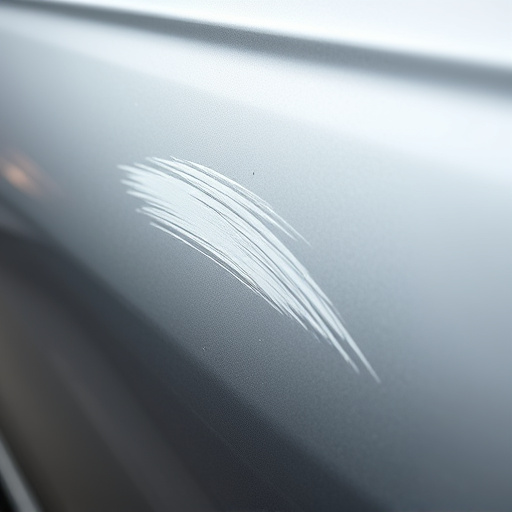
When it comes to roof panel replacement, understanding how it impacts future insurance premiums is crucial for homeowners. Insurers often consider the age and condition of a property’s roof when calculating policy costs. If you’ve recently replaced panels due to weather damage or wear and tear, your insurance company may take this as an indication of proactive maintenance. As a result, they might offer reduced rates on future policies, especially if the replacement was done by a reputable collision repair shop. This is because insurers view it as a positive sign that you’re committed to keeping your home in top shape.
On the other hand, if the replacement is due to a significant event like a severe storm or a collision with a tree branch, your insurance premium might see an initial increase. This is understandable given the higher claim frequency during such events. However, over time, as long as you maintain detailed records of the repair work and receipts, insurers may view these incidents less harshly, potentially leading to more competitive premiums in the future.
Roof panel replacement is not only a crucial step in repairing damaged roofs but also has implications on future insurance premiums. Understanding the process and evaluating insurance coverage options can help homeowners navigate these changes effectively. When filing claims, ensure you document all repairs for accurate assessments. Keep in mind that replaced panels may impact your policy’s premium rates, so be prepared to discuss these adjustments with your insurer. By being proactive and informed, you can streamline the post-replacement process and maintain a secure home environment.


